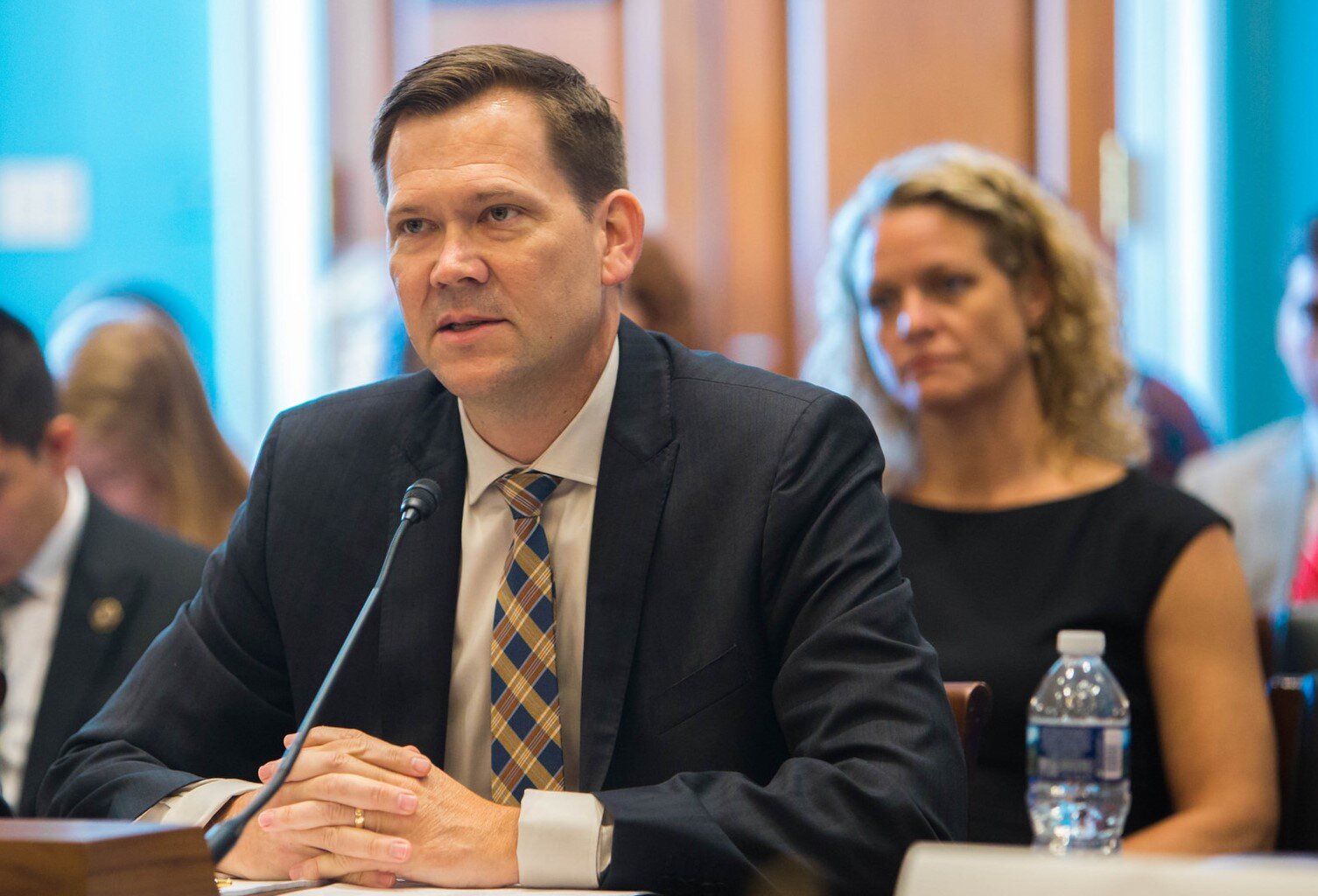Grower acceptance of soil carbon sequestration programs seems to be lagging, based upon my unscientific observations.
There are many speculations about why this is true, including the minimal payments most programs are offering in exchange for somewhat lengthy agreements growers must sign to participate. A group of companies called the Agricultural Climate Market Collaborative believes that lack of “transparency” is one of major road blocks to acceptance. To address transparency, the Collaborative developed eleven principles to guide carbon ecosystem marketers when forming these new contracts with growers.
Here is my summary of the eleven principles for companies developing carbon programs for farmers, followed by some concluding thoughts on what happens next.
- Eligibility. Program developers should clearly outline what farmland and farm entities are eligible for enrollment (geographies, production systems, climate-smart practice adoption, land use, and ownership status).
- Contract Obligations. Contract obligations for the grower should be clearly explained in summary. The summary should spell out the duration of a contract, the transferability of a contract between subsequent landowners, the consequences of partial or non-fulfillment of the contract, including practice reversals, and conditions that may lead to the cancellation of the contract.
- Asset Types. The program should clearly explain what assets are being transferred.
- Standards. The program should explain standards are used for accounting, reporting, and verification used to generate the carbon credit and the credit’s value.
- Data Requirements. Program developers should clearly state the data inputs required from the grower. Potential impacts to on-farm operations should be clear, including the frequency of any onsite visits.
- Models. Program developers should share with the grower what models are being used and how those models lead to the generation of carbon credits.
- Ownership of Credits. Who owns the credits and what is a credit’s value should be clear.
- Grower Financial Obligations and Payments. Developers should make clear the financial obligations required by a grower to participate. Similarly, it should be clear to the grower what the price of the credit is and how that may differ from the price paid to the grower. Ideally, information is conveyed in payment/acre basis.
- Data Ownership and Privacy. Program developers follow the Ag Data Transparent principles with respect to ownership and privacy related to data.
- Contractual Noncompliance and Acts of God. Program developers should be clear about what happens if growers do not comply with the obligations or cannot comply due to outside forces, such as extreme weather.
- Program Developer Disclosure: Program developers should disclose any customer, membership, or other relationship requirements that growers must meet to participate in the market program. Additionally, program developers should disclose if the grower is required to purchase any specific product or service to participate.
These are principles are a good set of aspirational goals for carbon program developers. They are sorely needed, based upon the lack of transparency in many of the current carbon platforms that exist today. Simple, easy to understand contracts are essential for widespread adoption.
The following companies have pledged to support these principles: American Farmland Trust; Bayer; Corteva; Ecosystem Services Market Consortium; Indigo Ag; Nori; Nutrien; Regrow Ag; Soil and Water Outcomes Fund; The Nature Conservancy; and Truterra. Now comes the big question: what happens next? These principles are just words on a page unless they are incorporated into the contract terms that these companies ask farmers to sign. I can tell you from experience that getting the marketing department to approve a pledge of support is much easier than getting the legal department to build the promises into contracts.
Notably absent from the list of supporters are our farmer-led organizations—such as American Farm Bureau, National Farmers Union, American Soybean Association, National Corn Growers, National Association of Wheat Growers, etc. Getting the support from these farmer-led organizations would add a lot of additional credibility to these principles.
Overall, these principles are great first step. In order to take the next step, they will need the support of farm industry groups that are controlled by farmers.






